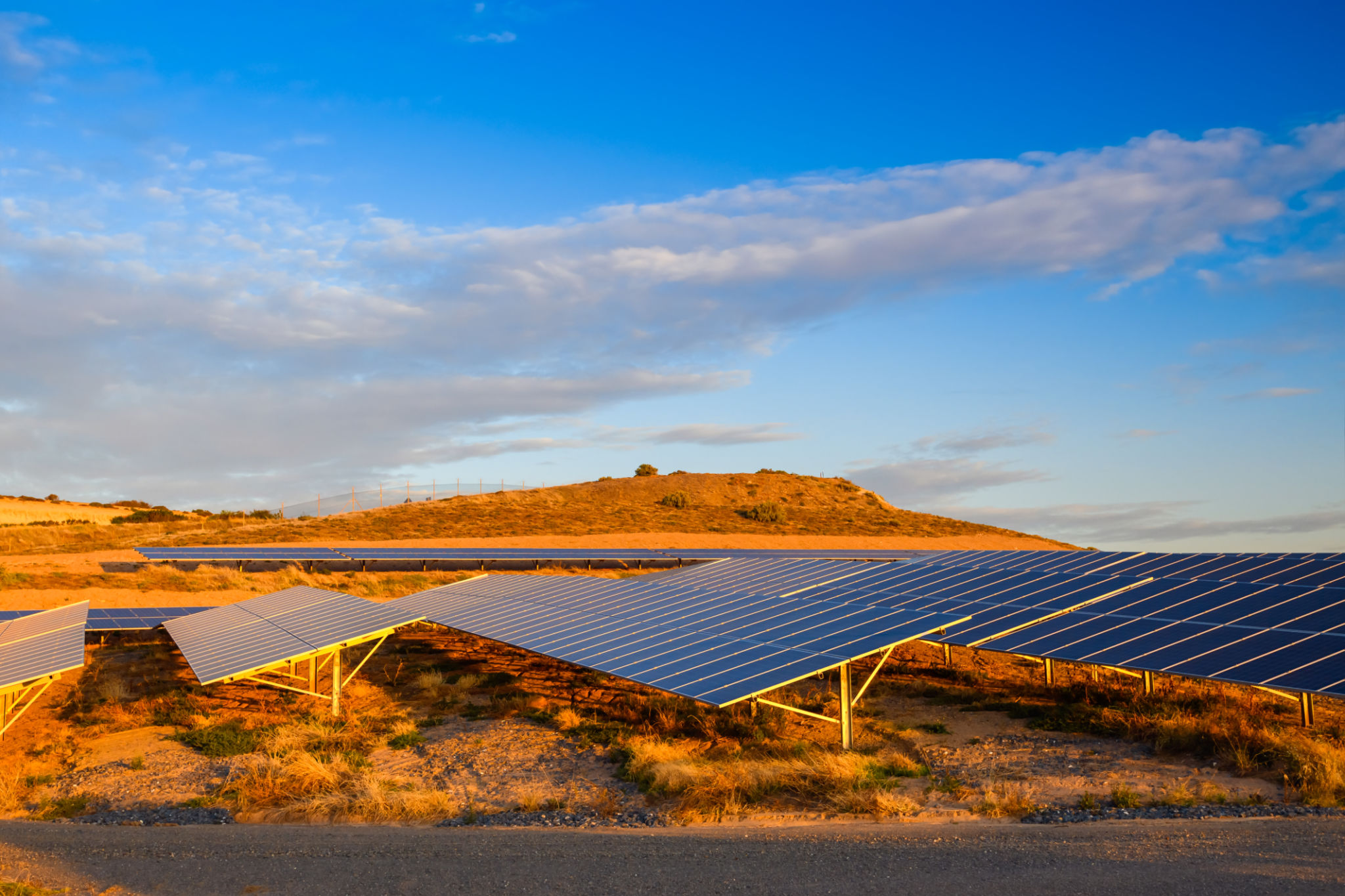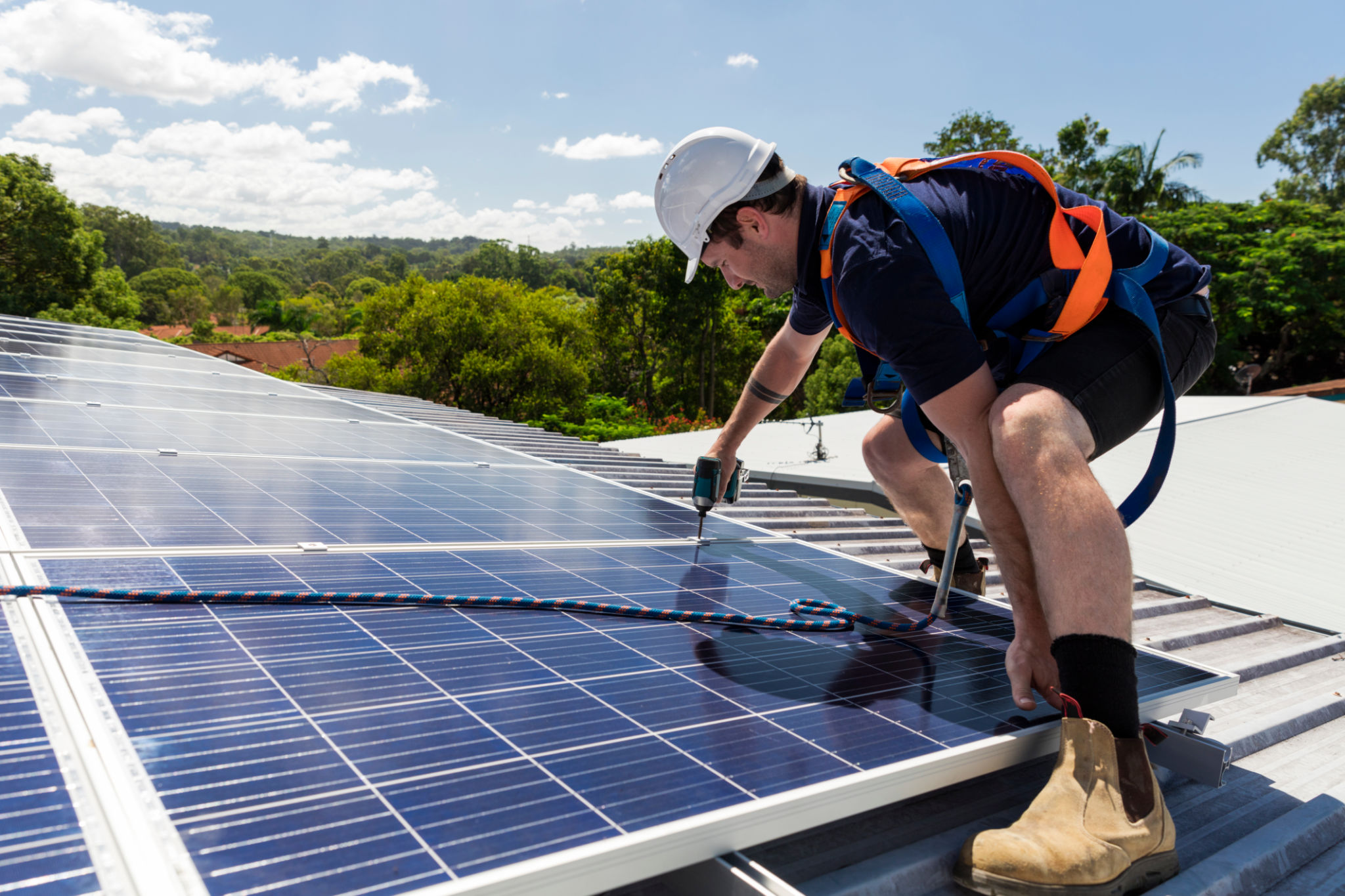Top 5 Myths About Solar Power in South Australia Debunked
Understanding Solar Power in South Australia
South Australia is leading the charge in renewable energy adoption, particularly in solar power. However, despite its growing popularity, several myths and misconceptions still surround solar energy. These myths can deter individuals from considering solar power as a viable option for their homes or businesses. In this blog post, we aim to debunk the top five myths about solar power in South Australia.

Myth 1: Solar Panels Don't Work in Cloudy Weather
One of the most common misconceptions is that solar panels are ineffective in cloudy or overcast weather. While it’s true that solar panels perform optimally under direct sunlight, they can still generate electricity on cloudy days. Modern solar technology is designed to capture a broad spectrum of light, allowing them to work efficiently even when the sun isn’t shining brightly.
In fact, South Australia's climate is ideal for solar energy production because it has numerous sunny days throughout the year. Even during less sunny periods, the panels continue to produce a significant amount of energy, making them a reliable source of power.
Myth 2: Solar Power Is Too Expensive
Another prevalent myth is that solar power is prohibitively expensive. While the initial installation cost might seem high, it's essential to consider the long-term savings and benefits. Government incentives and rebates can significantly reduce the initial outlay. Additionally, solar systems often lead to reduced electricity bills, allowing homeowners to recoup their investment over time.
With advancements in technology and increased competition among providers, the cost of solar installation has decreased dramatically over the past decade. In South Australia, many homeowners find that investing in solar power is not only affordable but also financially beneficial in the long run.

Myth 3: Solar Panels Require High Maintenance
Some people believe that solar panels require constant maintenance and upkeep. In reality, solar panels are quite durable and designed to withstand various weather conditions with minimal maintenance. Typically, a simple cleaning once or twice a year is sufficient to keep them operating efficiently.
Most solar panel systems come with warranties that last for 20-25 years, ensuring that you have coverage for any potential issues. This longevity and reliability make solar panels a low-maintenance option for those looking to transition to renewable energy sources.
Myth 4: Solar Panels Harm the Environment
There’s a misconception that the production and disposal of solar panels are harmful to the environment. While it's true that manufacturing involves energy consumption, the overall environmental impact is significantly lower compared to fossil fuels. Moreover, many manufacturers are committed to recycling programs that minimize waste and promote sustainability.
Over their lifetime, solar panels help reduce greenhouse gas emissions by offsetting energy produced from non-renewable sources. In South Australia, adopting solar energy contributes positively to the environment by reducing reliance on coal and other pollutants.

Myth 5: Solar Power Isn’t Reliable
Lastly, some believe that solar power cannot be relied upon for consistent energy supply. However, with advancements in battery storage technology, solar power systems can store excess energy generated during the day for use at night or during periods of low sunlight.
This capability ensures a continuous energy supply and enhances the reliability of solar power as a primary energy source. As battery technology continues to improve, so does the efficiency and dependability of solar systems in South Australia.
In conclusion, debunking these myths can help more individuals understand the true potential and benefits of solar power. As South Australia continues its journey towards a sustainable future, embracing solar technology offers both economic and environmental advantages that cannot be overlooked.
